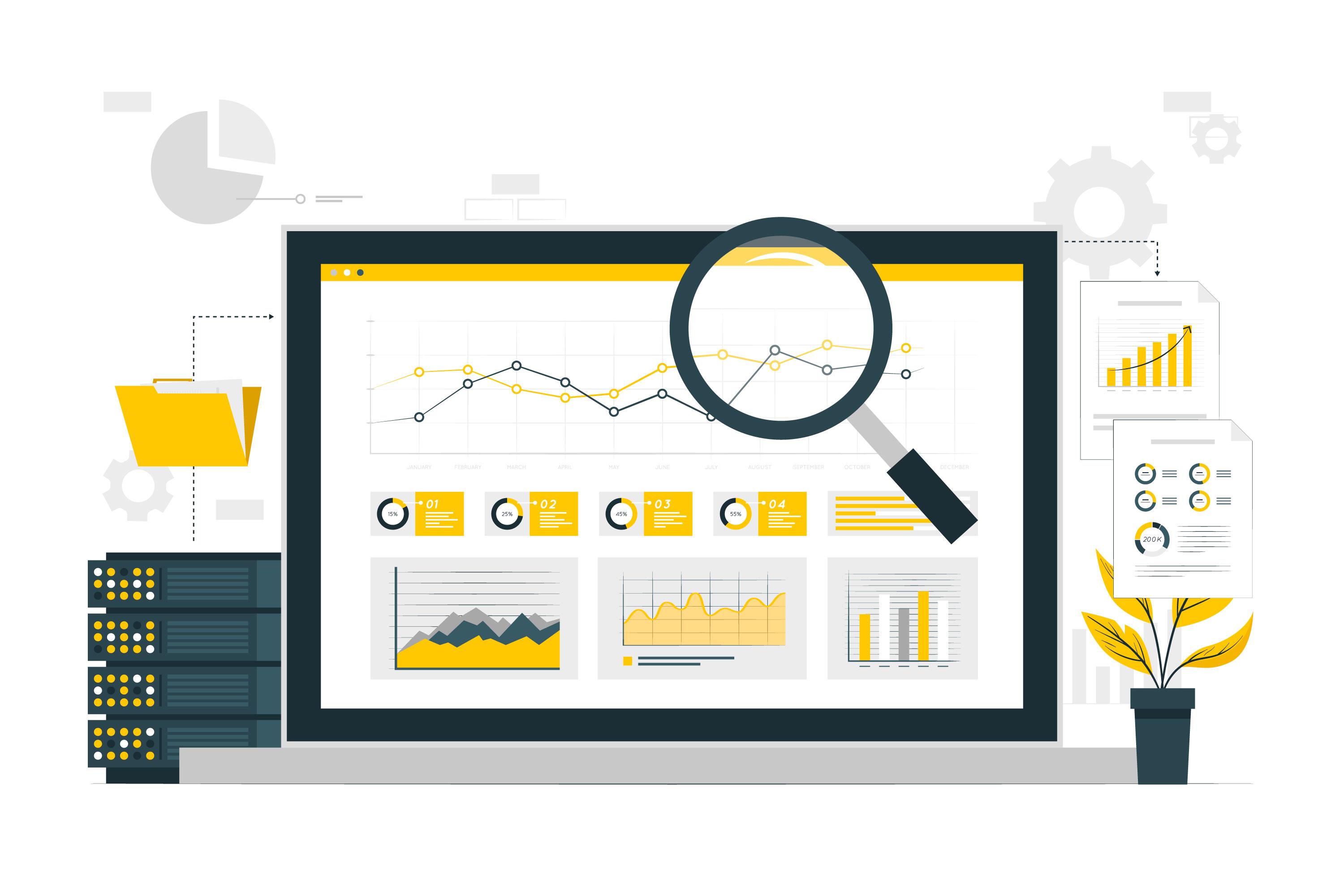Observability is not a Buzzword
In the dynamic world of IT, new buzzwords seem to crop up every now and then, adding excitement to the ever-evolving landscape. One such term that has gained significant traction is “observability.” If you’re new to this concept, let’s start with a basic definition: observability is about having a holistic view of your entire stack. In other words, Observability is a measure of how well the internal states of a system can be inferred from knowledge of its external outputs.
The Importance of Observability in Application Architecture
The evolution of application architecture, particularly with a strong emphasis on distributed systems, has made observability not just a necessity but a fundamental requirement upon which you can build. It goes beyond simply looking at traces, logs, or application performance management (APM). Observability brings all these aspects together under one umbrella.
Breaking Down Silos: Observability for All
Having spent numerous years in the tech industry advocating for a holistic view of application dependencies, we truly appreciate the essence of this concept. One of the main reasons behind coining the term “observability” is to emphasize its role in breaking down silos between different teams. It is not limited to SRE teams, operations teams, DevOps teams, or production support teams—it is a responsibility that lies with everyone across the entire organization.
 Monitoring vs. Observability: Going Beyond System Status
Monitoring vs. Observability: Going Beyond System Status
You might be wondering how observability differs from traditional monitoring. While monitoring informs you whether your system is working, observability takes you deeper by answering the crucial question of why it’s not working. Monitoring provides information about your system’s status and alerts you to failures, whereas observability encompasses the quality of your application or technology, enabling you to identify where and why something is broken easily.
Cultivating a Culture of Observability
Investing in fancy observability tools is one thing, but utilizing them as part of daily activities is what truly matters. Developers can integrate observability into the design phase, while DevOps teams can leverage it during code deployments. By fostering a culture where observability becomes embedded in day-to-day activities, organizations can reduce surprises and enhance their operational efficiency.
Unlocking Insights: Utilizing Observability Data
what do we do with all the data collected under the observability umbrella? The key lies in utilizing this data effectively to ask critical questions. Observability empowers you to understand why your system is responding poorly or slowly, how it scales, and why certain areas of your code generate errors, among many other insights. It is a concept that holds immense potential for companies willing to embrace it and derive maximum benefit.
Overcoming Adoption Challenges
However, the true challenge lies not in investing in observability solutions, but in fostering its adoption within the organization itself. At TaUB Solutions, we are committed to helping you embark on this journey for your organization. We provide the right training, insights, and guidance to your IT team for observability initiatives. This will enable your IT teams to utilize the data and metrics collected and guide your organization toward identifying and resolving underlying issues that impact your system’s performance. Our Managing Director, Suresh GP was recently part of a panel discussion on Observability: Not a buzzword, hosted by DevOps Institute, Moderator Heled Beal, along with an expert line-up of Panelists including Greg Leffler, Peter Maddison, Pawel Piwosz.
We hope you found this blog insightful. Stay tuned for more such valuable blogs, as we continue to share our experiences and expertise in navigating the realm of IT. Whether you’re an organization wanting to elevate your IT team’s skills or an individual looking to elevate your career, please feel free to reach out to us at info@taubsolutions.com. Let’s unlock the true potential of your digital endeavors.





